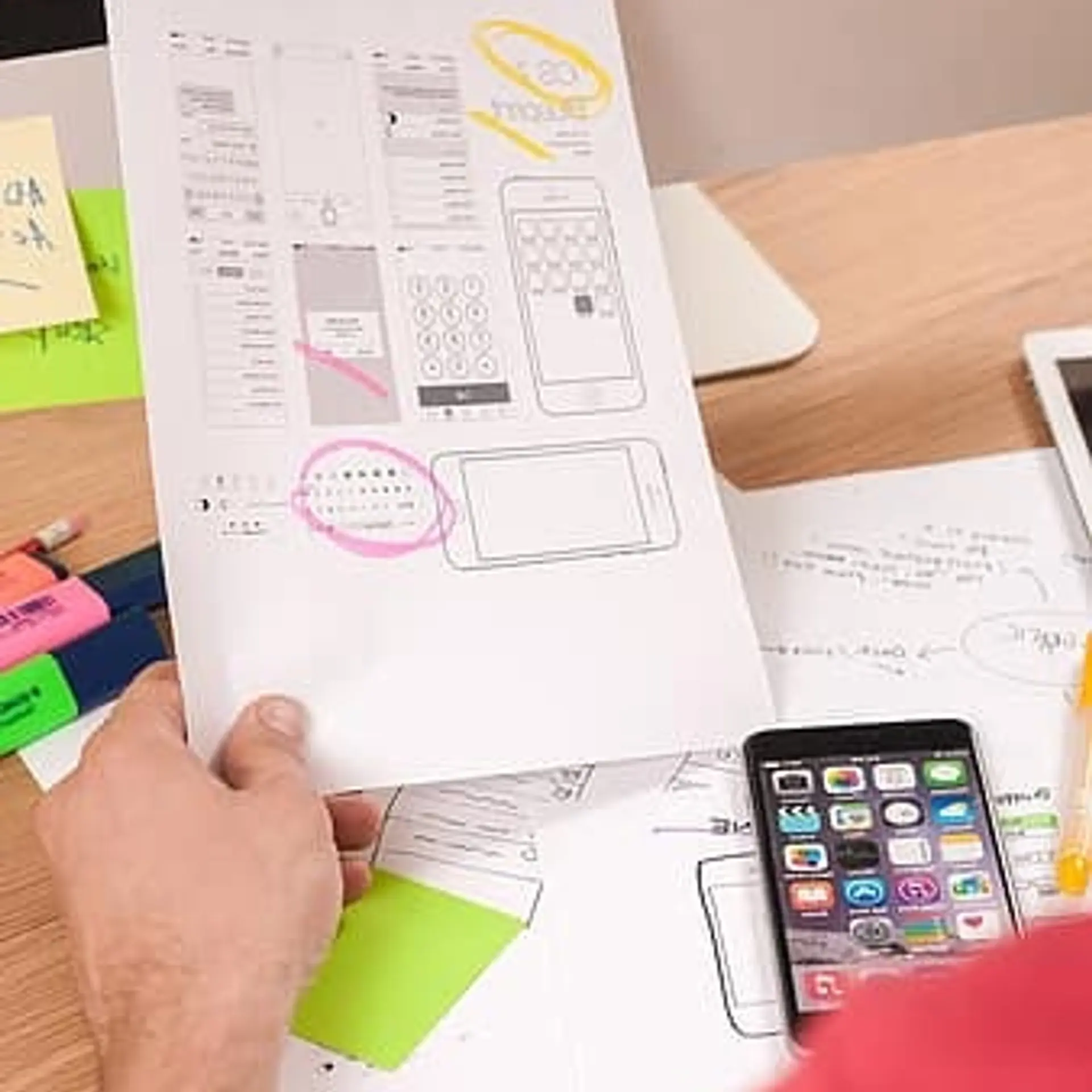

What are copyright issues and how to avoid these
Copyright is a type of intellectual property that applies to creative work. It is a legal right that gives exclusive rights to the creator of an original work to use and distribute it. It has to be revised from time to time. The issue with copyright is that it only safeguards the expression of ideas by the creator and not the underlying idea.
Copyright is a type of intellectual property that applies to creative work. It is a legal right that gives exclusive rights to the creator of an original work to use and distribute it. It has to be revised from time to time. The issue with copyright is that it only safeguards the expression of ideas by the creator and not the underlying idea. Works of literature, music or art (barring Photographs) are granted the protection of copyright for a period which spans the creator's life and 60 years from the year of the author's demise.
Businesses of every type — from e-commerce companies to software, to life science ventures, to production and publishing businesses — have their own histories that come from their founders' visions and dispositions, historical and geographical factors, market structures and the like. However, despite all the varying points of origin, companies end up having a lot in common. This may be particularly true in case of publishing companies.
For instance, have you ever put an image or a video to a website, only for it to have been brought down because of copyright issues?
Copyright issues include Copyright infringement. Copyright infringement is using works protected by copyright law without prior permission, breaching certain exclusive rights granted to the copyright holder, such as the right to reproduce, distribute, display or perform the protected work. With the internet era going on, anything you take off the web is copyrighted. Just because it does not have a mark on itself does not mean it is not an original piece of work.
Hence, to avoid such infringement issues, one must have the knowledge of:
1) The Copyright law: One must have complete information of the law. This will prove to be helpful when you will be able to distinguish plagiarism from authentic copying. If someone writes something from your work but gives due credit to you, you can not put him under the scanner. You must also have the ability to examine what all copyright does not protect. Hence, knowledge of the law is required if you want to safeguard your work properly.
2) Creativity: One must be creative enough to make sure he himself is not creating something that is already available on the internet. Although copyright does not protects the underlying idea but fictional characters, storyline and the likes are guarded. Thus, the bulb of creativity must glow the brightest.
3) Know the difference between different intellectual properties: There is a legit difference between copyright, trademark and patent. Copyright safeguards your creative work, trademark gives you exclusive right over a logo, symbol or a name, and patent excludes others from manufacturing or trading an invention. Therefore, absolute knowledge of the kinds of intellectual property plays an important role in handling various copyright issues.
Hence, copyright comes with a lot of responsibilities. Not only does copyright prove to be a shield to you but you also have to make sure you do not cross the line and put an allegation on someone for plagiarism based on your apprehension.
This article has been contributed by Noora Sabu, Content Writer, LegalRaasta- an online platform for IP Services such as Trademark search, Trademark registration, patent filing, copyright registration etc





